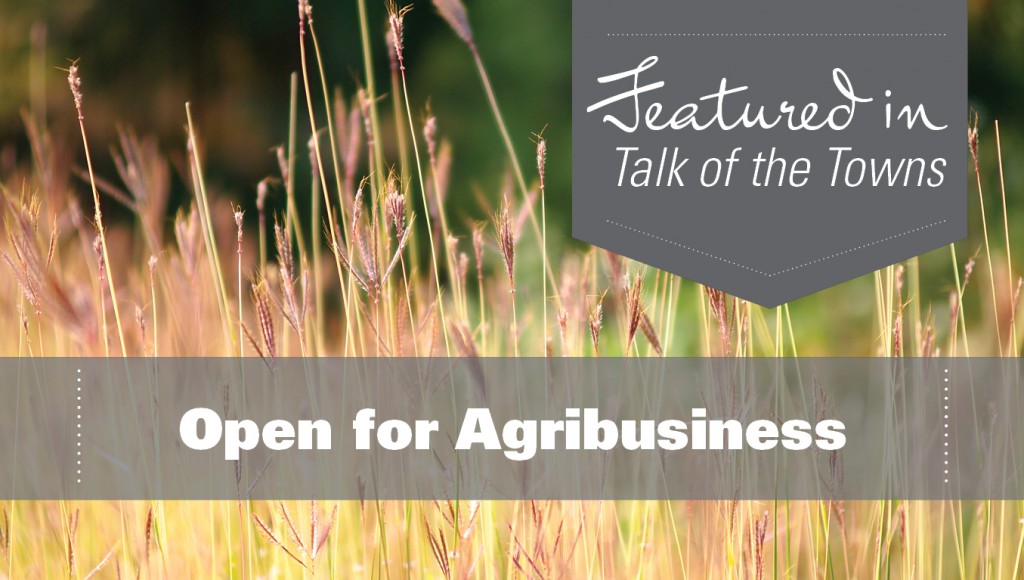While farms often conjure up images of bucolic beauty, they are also businesses that support the local economy and provide jobs. In fact, the agricultural industry is a significant economic engine in New York State that is producing new entrepreneurs and innovative startup agribusinesses throughout the state. Many of these new agribusinesses are wineries, breweries, distilleries and countless other spin-off agricultural businesses. It is a critical time for local economies and agricultural communities to embrace these agribusiness opportunities by focusing on creating a supportive business environment for farmers.
Communities need to assess their agricultural infrastructure and determine how best to accommodate this growing new agricultural industry to encourage agribusiness as part of their local economic development plans. Emphasizing farming and agriculture without the agribusiness land uses often reduces the likelihood of a community’s success in sustaining its existing agriculture infrastructure in today’s economy. What is Agribusiness? The term “agribusiness” has taken on a very broad definition and is perhaps not easily agreed upon. Generally, the term includes the businesses collectively associated with the production, processing and distribution of agricultural products. Similar definitions have been offered by others to include all business and management activities performed by firms that provide inputs to the farm sector, produce farm products and/or process, transport, finance, handle or market farm products.
The term agribusiness has also been expanded to include agricultural tourism, which is being embraced by farm operators as a way to increase diversity and profitability while also helping to preserve agricultural land and open space. It may also serve the purpose of educating the public about the importance of agriculture and its contribution to the local economy, quality of life and nutrition, and may reduce the friction, which sometimes exists between farmers and their off-farm neighbors.
According to the New York Department of Agricultural and Markets, agricultural tourism means “activities including the production of maple sap and pure maple products made there from, conducted by a farmer on-farm for the enjoyment and/or education of the public, which primarily promote the sale, marketing, production, harvesting or use of the products of the farm and enhance the public’s understanding and awareness of farming and farm life.”

